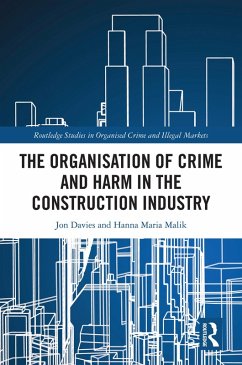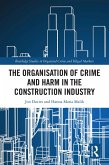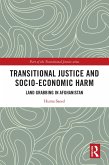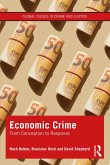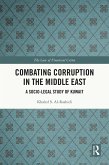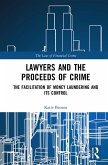The UK context arguably represents a classic 'neoliberal' system categorised by privatisation of services and minimal regulation, whereas Finland broadly provides a 'social democratic' alternative with its relatively strong national regulation and public sector oversight of industry. These concepts interlink strongly with the notion of state-corporate crime, since this perspective shifts attention away from individualistic explanations for crime and harm towards symbiosis between states and corporations. This book argues that existing explanations based on organised crime and individual 'rogues' are insufficient to account for the wider range and subtlety of harms that occur in construction, and therefore offers a unique perspective into organisational, industry, and state dynamics in this sector.
An accessible and compelling read, this book will appeal to students and scholars of criminology, sociology, organized crime, and those interested in harms in the construction industry.
Dieser Download kann aus rechtlichen Gründen nur mit Rechnungsadresse in A, B, BG, CY, CZ, D, DK, EW, E, FIN, F, GR, HR, H, IRL, I, LT, L, LR, M, NL, PL, P, R, S, SLO, SK ausgeliefert werden.
Professor Nicholas Lord, Department of Criminology, The University of Manchester
The book offers a comprehensive and insightful analysis into the harms and crimes within the construction sector. The authors provide not only a historical analysis and a critical account of existing, endemic practices, but also concrete and pragmatic solutions. The book is an important contribution to tackling labour exploitation and violations of workers' rights in the construction industry in a contemporary European context.
Dr Natalia Ollus, Director, The European Institute for Crime Prevention and Control, affiliated with the United Nations (HEUNI)
This book explains with clarity and sophistication why we cannot assume that the myriad problems in the construction industry are simply the result of 'cowboy' or 'rogue' builders. Davies and Malik describe a world in which 'accidents' are no accident and 'corruption' is not an aberration of a functional economy. Their analysis demonstrates how violence against workers and corruption is part of a functioning system. This book shows us that what matters in shaping this industry is not 'more' or 'better' regulation, but the power balance between workers and their employers. As a plea for the empowerment of workers, this book is both powerful and irresistible.
Professor David Whyte, School of Law, Queen Mary University of London

